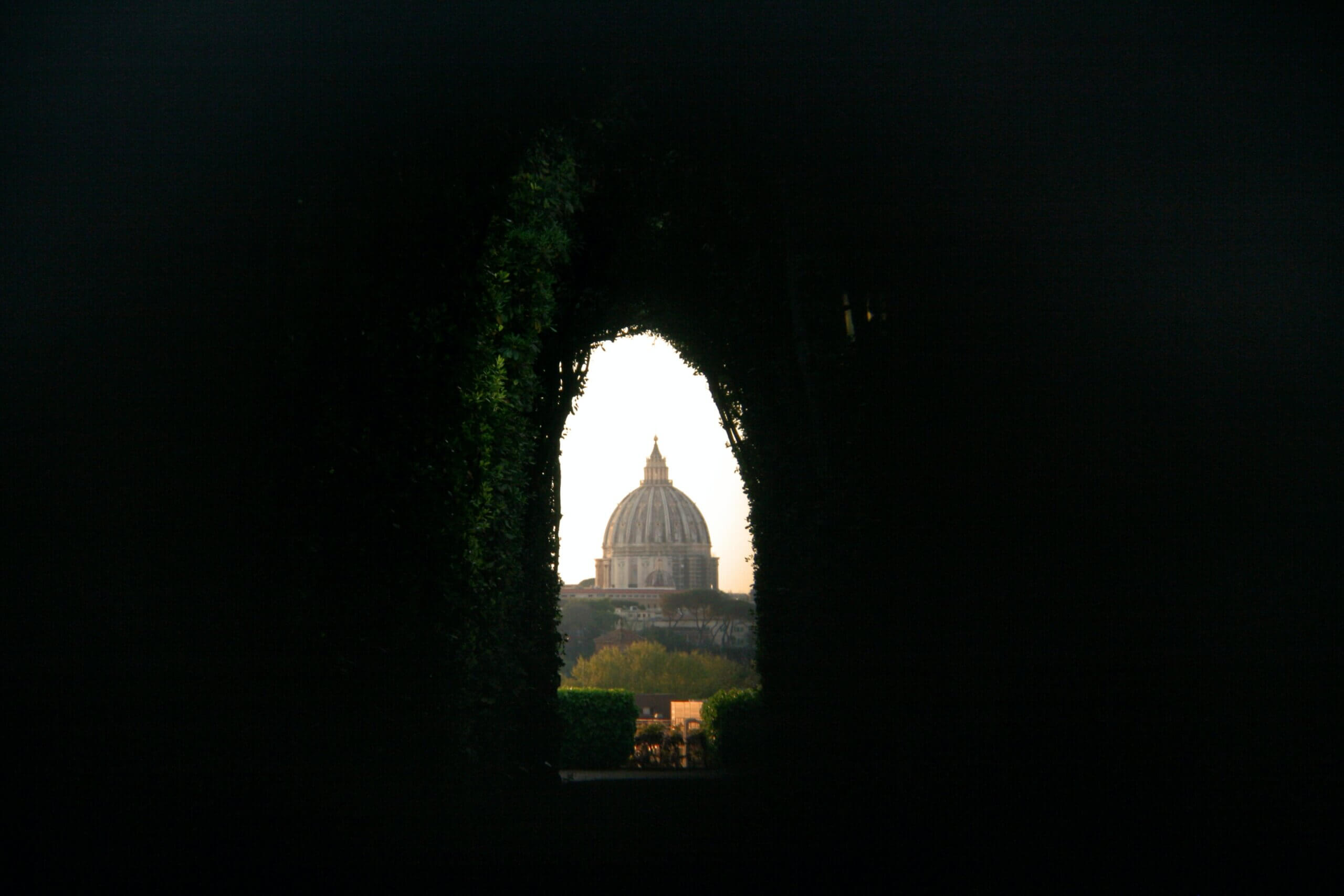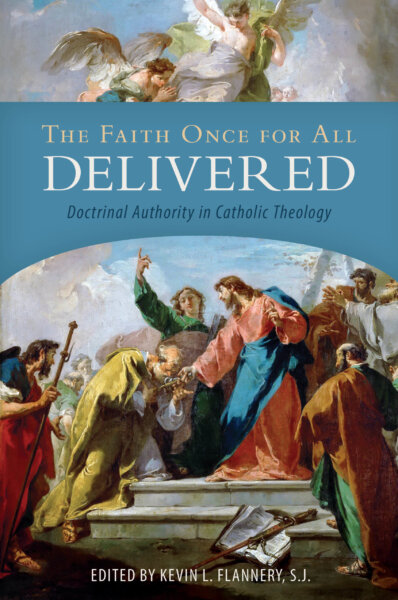Edward Feser and the “Suspended Magisterium”
A few weeks ago Dr. Edward Feser wrote a piece reflecting on the recent appointment of Tucho “Heal Me with your Mouth” Fernández to the Dicastery for the Destruction of the Faith. In it, he quotes Newman’s comments about the Arian crisis:
There was a temporary suspense of the functions of the ‘Ecclesia docens’ [teaching Church]. The body of Bishops failed in their confession of the faith. They spoke variously, one against another; there was nothing, after Nicaea, of firm, unvarying, consistent testimony, for nearly sixty years.
Dr. Feser did not conclude that this had occurred completely or generally in the pontificate of Francis, but did state that this could be plausibly claimed to a limited extent:
As Fr. John Hunwicke has noted, because Pope Francis has persistently refused to answer these dubia, he can plausibly be said at least to that extent to have suspended the exercise of his Magisterium.
As Feser emphasises in a later clarification, the “claim that the Magisterium has been ‘suspended’ during [Francis’s] pontificate up to this point… I explicitly reject and criticize.” It would seem that Feser (if I am understanding him correctly) is merely claiming that it is reasonable to say, applying the logic of Newman, that there are some aspects of the Magisterium that have been suspended in their exercise under this pontificate.
Fair enough.
First, we commend Feser to wading into this territory and for Catholic World Report for publishing this. It is an important consideration to discuss with all pious Catholics who are confused and frustrated by the current exercise of the Magisterium or lack thereof.
We also commend to readers Feser’s recent treatment on the Magisterium contained the new volume from Emmaus Academy Press, in which he discusses the respectful and public resistance to the Pope and bishops (pp. 149-170):
My purpose here is to say that I think Feser’s conclusions are eminently reasonable, and should be discussed openly by all pious Catholics. Some would take issue that he goes too far, or that he does not go far enough. But let us all piously consider these things and take them to prayer and ask for wisdom and charity for our brethren.
Newman’s Clarification
Here we must note a later clarification that was raised to me by my friend, Dave Armstrong about this quote from Newman. It turns out that after 1870 (when Vatican I took place), Newman issued a sort of “retraction” or “clarification” of these words quoted above about a suspended Magisterium, in a subsequent edition (1871) of the same book:
The reason of my being misunderstood arose from two or three clauses or expressions which occurred in the course of my remarks, which I should not have used had I anticipated how they would be taken, and which I avail myself of this opportunity to explain and withdraw…
That “there was a temporary suspense of the functions of the Ecclesia docens” is not true, if by saying so is meant that the Council of Nicæa held in 325 did not sufficiently define and promulgate for all times and all places the dogma of our Lord’s divinity, and that the notoriety of that Council and the voices of its great supporters and maintainers, as Athanasius, Hilary, &c., did not bring home the dogma to the intelligence of the faithful in all parts of Christendom. But what I meant by “suspense” (I did not say “suspension,” purposely,) was only this, that there was no authoritative utterance of the Church’s infallible voice in matter of fact between the Nicene Council, A.D. 325, and the Council of Constantinople, A.D. 381, or, in the words which I actually used, “there was nothing after Nicæa of firm, unvarying, consistent testimony for nearly sixty years.” As writing before the Vatican Definition of 1870, I did not lay stress upon the Roman Councils under Popes Julius and Damasus [Appendix, Note 3].
So if I understand Newman here, he is merely saying that the Pope and Ecumenical Council did not issue a firm, infallible, definitive teaching for sixty years during the Arian crisis, while the body of the bishops were heretical and the body of the faithful were faithful (and yes, according to Newman, Pope Liberius “sign[ed] a Eusebian formula at Sirmium”).
So Newman is not saying that the Magisterium was “suspended” and lost its power to declare doctrine, but rather that was in “suspense” by not acting and doing what it could, even though, as he alludes to above, some Popes of Rome were still issuing orthodox doctrine through their local councils.
Potency and Actuality
Here it seems to me that a crucial distinction can be made between the philosophical distinctions between potency and actuality. Potency describes the power to do something. For example, a woman has the potency to bear a child. A man does not have this potency. However, this woman may have the potency, but she may not be actually bearing a child right now. When a woman bears a child, that potency becomes actuality by taking the power to do something and doing it.
In the same way, we would say that the Magisterium, under the valid pontificate of Pope Francis, has the potency to act and dispel all heresy. Indeed, this is the advocacy of the charitable anathema that we have called for, even from every local bishop.
But it is clear that this potency is not being used – at least to a great extent. The Magisterium is largely not making this power actual but is holding this power in “suspense.” And we must suffer for it.
Contrast with the Greek Schisms
But this suffering is contrasted sharply with the Greek schisms. In every case (the Assyrian Church, the Miaphysites and the Eastern Orthodox) there has not only been a “suspense” of the Magisterium, but a total suspension. These three Greek schisms have not held an ecumenical council since 381, 431, or 787 respectively. They do not even hold the potency to act with universal, apostolic authority.
So while our suffering is great, we still commune with the one true Church. There is no search for another, because no other church or denomination even claims what Rome claims: the power to speak with the authority of Christ.
We indeed suffer in our times of ecclesial crisis, but when we remember former times like the Arian crisis, we gain strength to face these things with faith, hope and charity. Faith in the power of Christ in His one true Church, hope in Christ’s promises to see a way through this, and charity for our brethren, as we together fight the world, the flesh and the devil.
Be you humbled therefore under the mighty hand of God, that he may exalt you in the time of visitation: Casting all your care upon him, for he hath care of you. Be sober and watch: because your adversary the devil, as a roaring lion, goeth about seeking whom he may devour. Whom resist ye, strong in faith: knowing that the same affliction befalls your brethren who are in the world. But the God of all grace, who hath called us into his eternal glory in Christ Jesus, after you have suffered a little, will himself perfect you, and confirm you, and establish you. To him be glory and empire for ever and ever. Amen (I Pet. v. 6-11).
Photo by Benjamin Fay on Unsplash



